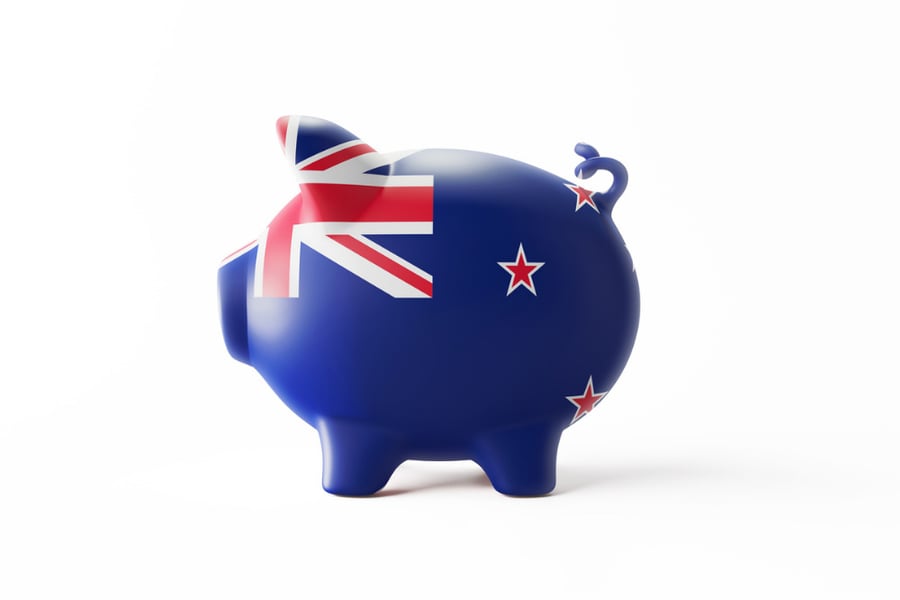Finance Minister says it addresses "inequitable changes"

The government has made its Budget 2021 announcement, and welfare has been given the biggest spend this year along with Māori housing, infrastructure and health.
All main welfare benefits will go up by $20 a week from 1 July, with more to come by April 2022. The government has also put $350 million towards new homes and housing repairs for Māori, and an extra $15.1 billion for infrastructure projects.
Labour has also allocated an extra $200 million to drug-buying company Pharmac, and $5.1 billion remains in the COVID response and recovery fund.
In terms of house prices, the Treasury has forecast a significant stall in price growth for this year, from a June 2021 peak of 17.3% to a projected 0.9% for the same time next year.
Economic growth is expected to sit at 2.9% this year, and to rise to 4.4% in 2023.
Commenting on Budget 2021, finance minister Grant Robertson said its key aims were to reduce inequality, continue New Zealand’s post-COVID recovery, and support economic growth.
“Today, we address the most inequitable of the changes made 30 years ago,” Robertson said.
“We will restore dignity and hope for some of the lowest income New Zealanders by righting the wrong of those benefit cuts by boosting main benefit rates by up to $55 per week. This not only continues our quest to reduce inequality, it also acts as further support and stimulus to our economy as we recover from COVID-19.”
“In the face of this one-in-one-hundred-year shock, the New Zealand economy has proved to be remarkably resilient,” he added.
“Today’s Budget shows that the New Zealand economy is expected to build on this resilience as we secure our recovery.”



